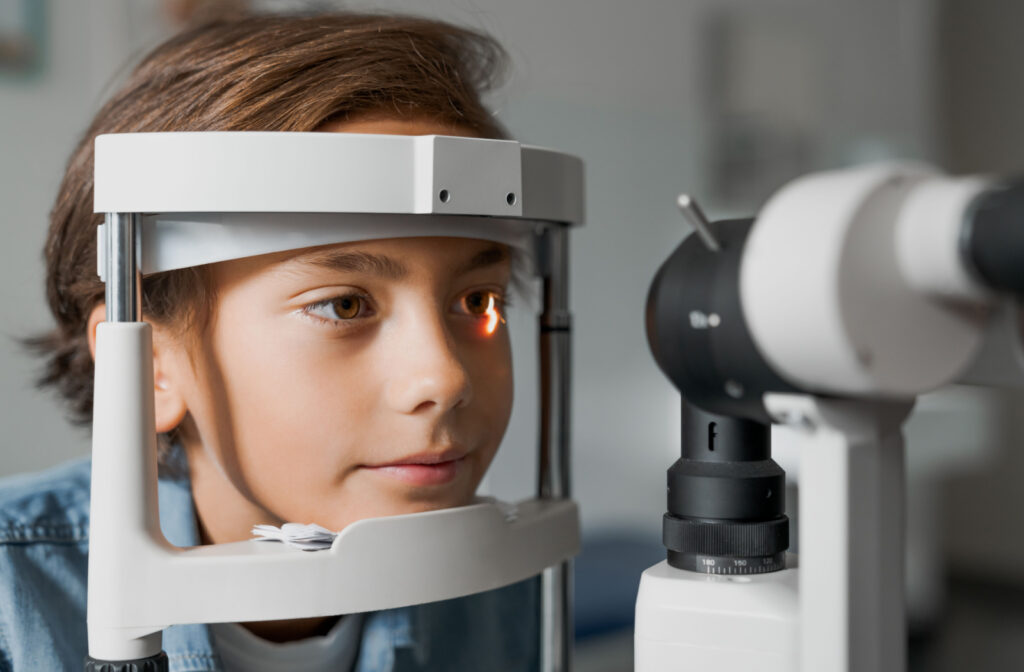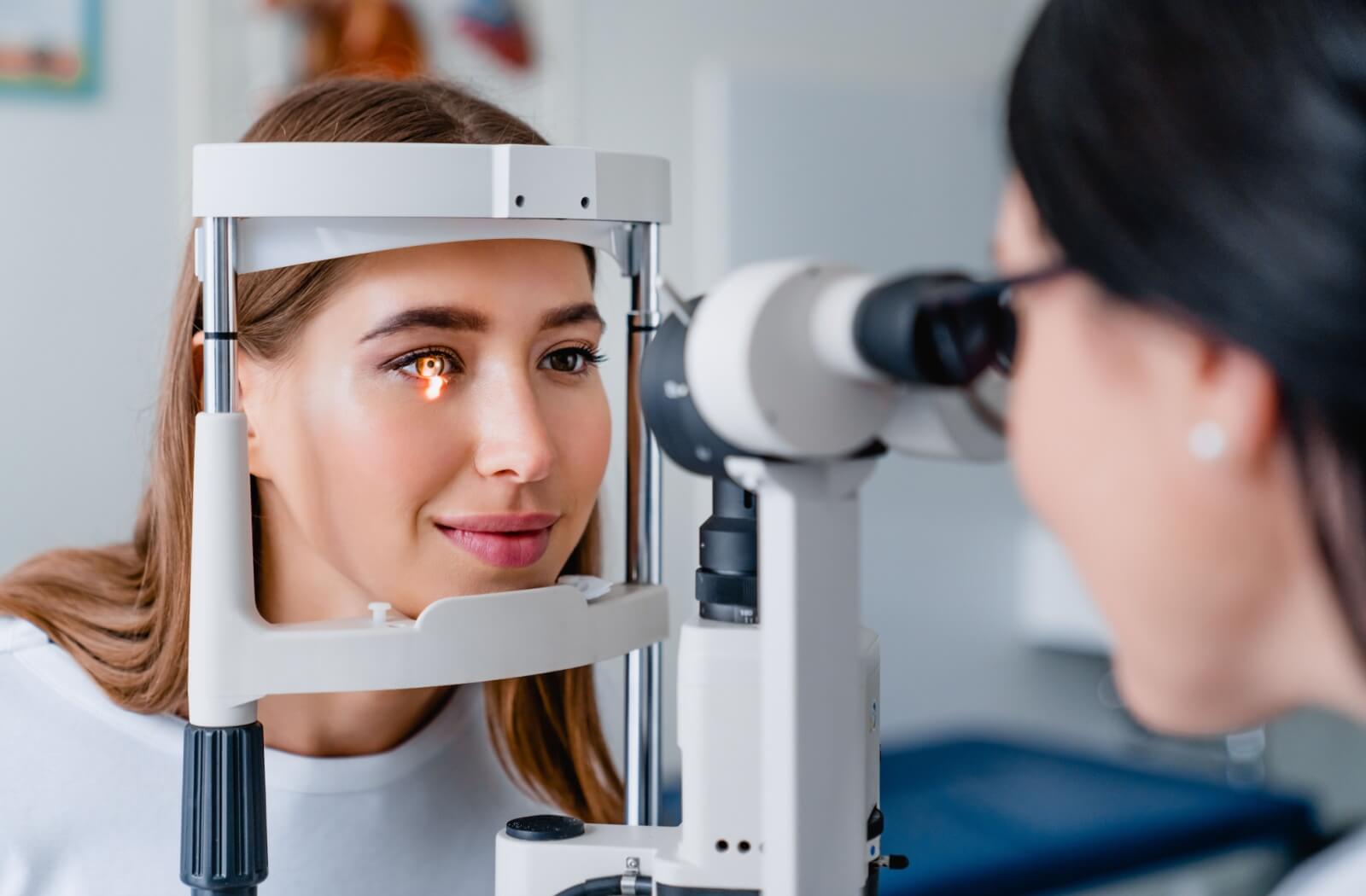All Categories
Featured
Unlocking Opportunities: Comprehensive Low Vision Rehab Alternatives.
Coping with low vision can offer unique obstacles, yet modern-day recovery approaches equip people to thrive and adapt. From innovative innovation to hands-on training, there are numerous alternatives developed to improve life and foster freedom. Below's a thorough consider the varied rehab options readily available for those with reduced vision.
The Function of Reduced Vision Rehabilitation
Low vision rehabilitation focuses on helping people optimize their staying vision and develop skills to handle their environments. With a combination of devices, training, and customized assistance, rehabilitation programs enhance capability and boost self-confidence in browsing daily activities.
Trick Reduced Vision Rehabilitation Options
Customized Aesthetic Aids
High-Powered Magnifiers: These tools can be found in handheld, wearable, or digital formats, permitting customers to review, create, or sight things up close.
Telescopic Glasses: Ideal for improving range vision, these glasses help with activities such as viewing television or analysis signs.
![]()
Filter Lenses: Colored lenses reduce glow, enhance contrast, and provide UV security, improving convenience and presence.
Technical Technologies
Electronic Magnifying Gadgets: Desktop computer and mobile devices supply adjustable zoom, enabling much easier access to published materials and electronic material.
![]()
Voice-Assisted Modern technology: Screen viewers, voice-enabled smartphones, and AI-driven applications aid customers navigate the digital world much more efficiently.
Wearable Vision Aids: Smart glasses outfitted with video cameras and acoustic feedback provide real-time help with analysis, identifying objects, and spatial alignment.
Professional Training Programs
Alignment and Movement Training: This program instructs individuals how to relocate with confidence within their homes and neighborhoods, commonly integrating walking sticks or overview pet dogs.
Daily Living Skills: Specialized training gears up individuals with strategies to do important tasks such as cooking, dressing, and taking care of house jobs.
Adaptive Aesthetic Strategies: Specialists overview patients on leveraging field of vision or scanning techniques to make up for vision loss.
Ecological Alterations
![]()
Straightforward adjustments in your home or job can greatly improve accessibility:
Making use of contrasting shades for much better item distinction.
Adding task lights to boost visibility.
Noting devices with responsive indications for much easier operation.
Emotional and Social Assistance
Dealing with vision loss frequently entails psychological modifications. Support system and therapy solutions offer a risk-free room to share experiences and build strength.
Peer mentoring programs connect individuals with comparable obstacles, cultivating camaraderie and shared options.
Accessing Rehabilitation Providers
Reduced vision rehab services are extensively offered with:
Specialized Clinics: Eye doctors and ophthalmologists educated in reduced vision care give tailored evaluations and remedies.
Not-for-profit Organizations: Groups like the American Structure for the Blind and VisionAware supply resources, advice, and referrals.
Neighborhood Centers: Neighborhood services may supply cost-free or low-cost training and access to assistive gadgets.
Final Thoughts
Reduced vision does not need to suggest a diminished lifestyle. With the ideal mix of devices, training, and support, people can restore self-reliance and enjoy meeting lives. By exploring the many rehabilitation choices readily available, those with low vision can locate techniques that work best for their one-of-a-kind needs and circumstances. If you or a liked one encounters vision obstacles, do not think twice to get to out to a low vision specialist to start the trip towards empowerment and flexibility.
Coping with low vision can offer unique obstacles, yet modern-day recovery approaches equip people to thrive and adapt. From innovative innovation to hands-on training, there are numerous alternatives developed to improve life and foster freedom. Below's a thorough consider the varied rehab options readily available for those with reduced vision.
The Function of Reduced Vision Rehabilitation
Low vision rehabilitation focuses on helping people optimize their staying vision and develop skills to handle their environments. With a combination of devices, training, and customized assistance, rehabilitation programs enhance capability and boost self-confidence in browsing daily activities.
Trick Reduced Vision Rehabilitation Options
Customized Aesthetic Aids
High-Powered Magnifiers: These tools can be found in handheld, wearable, or digital formats, permitting customers to review, create, or sight things up close.
Telescopic Glasses: Ideal for improving range vision, these glasses help with activities such as viewing television or analysis signs.

Filter Lenses: Colored lenses reduce glow, enhance contrast, and provide UV security, improving convenience and presence.
Technical Technologies
Electronic Magnifying Gadgets: Desktop computer and mobile devices supply adjustable zoom, enabling much easier access to published materials and electronic material.

Voice-Assisted Modern technology: Screen viewers, voice-enabled smartphones, and AI-driven applications aid customers navigate the digital world much more efficiently.
Wearable Vision Aids: Smart glasses outfitted with video cameras and acoustic feedback provide real-time help with analysis, identifying objects, and spatial alignment.
Professional Training Programs
Alignment and Movement Training: This program instructs individuals how to relocate with confidence within their homes and neighborhoods, commonly integrating walking sticks or overview pet dogs.
Daily Living Skills: Specialized training gears up individuals with strategies to do important tasks such as cooking, dressing, and taking care of house jobs.
Adaptive Aesthetic Strategies: Specialists overview patients on leveraging field of vision or scanning techniques to make up for vision loss.
Ecological Alterations

Straightforward adjustments in your home or job can greatly improve accessibility:
Making use of contrasting shades for much better item distinction.
Adding task lights to boost visibility.
Noting devices with responsive indications for much easier operation.
Emotional and Social Assistance
Dealing with vision loss frequently entails psychological modifications. Support system and therapy solutions offer a risk-free room to share experiences and build strength.
Peer mentoring programs connect individuals with comparable obstacles, cultivating camaraderie and shared options.
Accessing Rehabilitation Providers
Reduced vision rehab services are extensively offered with:
Specialized Clinics: Eye doctors and ophthalmologists educated in reduced vision care give tailored evaluations and remedies.
Not-for-profit Organizations: Groups like the American Structure for the Blind and VisionAware supply resources, advice, and referrals.
Neighborhood Centers: Neighborhood services may supply cost-free or low-cost training and access to assistive gadgets.
Final Thoughts
Reduced vision does not need to suggest a diminished lifestyle. With the ideal mix of devices, training, and support, people can restore self-reliance and enjoy meeting lives. By exploring the many rehabilitation choices readily available, those with low vision can locate techniques that work best for their one-of-a-kind needs and circumstances. If you or a liked one encounters vision obstacles, do not think twice to get to out to a low vision specialist to start the trip towards empowerment and flexibility.
Latest Posts
Explore Auto Services & More: Comprehensive Repair Options from Montclare Auto Repair
Published en
1 min read
Learn About Oil Changes & More: Comprehensive Repair Options from Montclare Auto Repair
Published en
1 min read
Reliable Industrial Roof Providers by Weathercraft
Published en
1 min read
More
Latest Posts
Explore Auto Services & More: Comprehensive Repair Options from Montclare Auto Repair
Published May 26, 25
1 min read
Learn About Oil Changes & More: Comprehensive Repair Options from Montclare Auto Repair
Published May 25, 25
1 min read
Reliable Industrial Roof Providers by Weathercraft
Published May 24, 25
1 min read